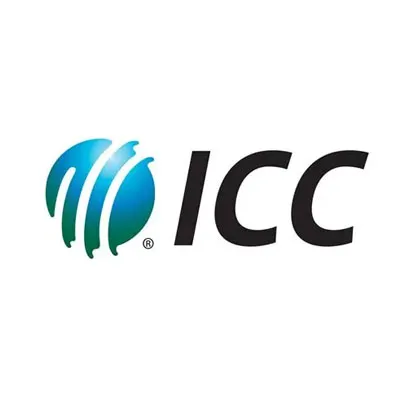
"Enhancing Customer Service with AI Chatbots"
Read full article
CW Gold Benefits
- Weekly Industry Updates
- Industry Feature Stories
- Premium Newsletter Access
- Building Material Prices (weekly) + trends/analysis
- Best Stories from our sister publications - Indian Cement Review, Equipment India, Infrastructure Today
- Sector focused Research Reports
- Sector Wise Updates (infrastructure, cement, equipment & construction) + trend analysis
- Exclusive text & video interviews
- Digital Delivery
- Financial Data for publically listed companies + Analysis
- Preconceptual Projects in the pipeline PAN India

German Chancellor Visits Bosch India Campus in Bengaluru
Strengthening the long-standing partnership between India and Germany, Friedrich Merz, Federal Chancellor of the Federal Republic of Germany, recently visited the Bosch campus at Adugodi, Bengaluru, during his India trip. The delegation was hosted by Guruprasad Mudlapur, President of the Bosch Group in India and Managing Director, Bosch Limited, who showcased key innovations developed in the region.During the visit, the delegation experienced Bosch’s H2ICE demonstrator truck featuring a fully integrated powertrain and telematics system. Bosch India, in collaboration with Bosch Germany, is ad..

ICC, Maharashtra Sign MoU to Boost Industry Engagement
The Indian Chamber of Commerce (ICC) and the Government of Maharashtra recently signed a Memorandum of Understanding (MoU) to enhance cooperation and deepen engagement between Indian businesses and the State, with a focus on investment facilitation, ease of doing business and sustained industry–government dialogue.The MoU was signed by Dr P Anbalagan, IAS, Principal Secretary (Industry, Investment and Services), Government of Maharashtra, and Dr Rajeev Singh, Director General, ICC, in the presence of leading business representatives.Speaking on the occasion, Dr Anbalagan said the partnership..

Regal Rexnord Opens Unified Singapore Regional Office
Regal Rexnord recently opened a new office in Singapore, consolidating employees and capabilities from its former sites into a single, modern, region-focused location. The move brings together two existing offices and strengthens collaboration across its portfolio of brands, including CENTA, Jaure, Kollmorgen, Nicotra and Falk.By housing teams under one roof, Regal Rexnord aims to deliver a more seamless experience for customers seeking mechanical power transmission, motion control and automation solutions across Southeast Asia. The consolidated setup is designed to enhance coordination across..
















